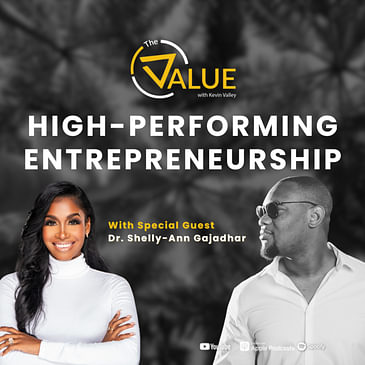In this episode, we are with Nicholas Rees; a digital payment specialist, chartered accountant, private equity investor, and two-time Olympian from the Bahamas.
Nicholas discusses his PPP business model - People, Planet, Profit - and his multifaceted career journey from an Olympic swimmer to fou...

